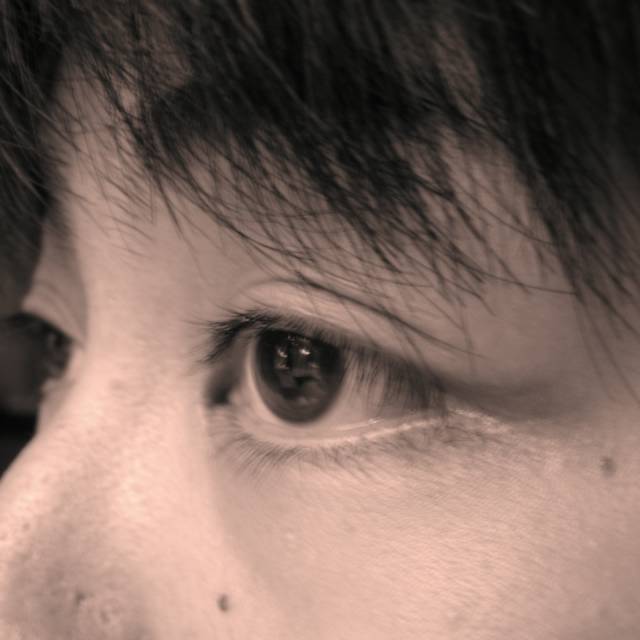"Wildfire" by Shohei Ooka--coming soon!
I'm reading John Dower's "War without Mercy," which deals with the propaganda before and during the Pacific War, both in the U.S. and Japan. It's an interesting read, though the basic idea, that both sides employed racist propaganda in engaging the citizens/subjects in the war effort, has become somewhat a common knowledge since its publication in the late '80s. (Unfortunately, the wartime propaganda and the willful neglect of certain facts on the part of the Allied forces have also become a basis of the neo-nationalistic "re-evaluation of the Great East Asia War" in Japan in the recent years.) I haven't reached the third section where the author examines the Japanese propaganda, but it'll probably be a stimulating read as well.
Reading the factual research, I thought of a book that I read years ago: "Wildfire" by Shohei Ooka. Ooka was enlisted in 1944, at the age of 35 and with tuberculosis (which shows how desperate Japan was), sent to Philippines, became a PoW at the defeat, and wrote the novel based on his wartime experience in 1951. He wrote several other novels based on his experience during the Pacific War, and is regarded as one of the earliest and finest of the "post-war" authors. The novel was controversial in several ways, including cannibalism. Cannibalism, however, is only a part of the atrocity and insanity of war. With his crisp style, his lucid thoughts, and most importantly with sincerity, Ooka takes us to the maddening tropical jungle permeated with the odor of rotting wounds and desperation of the losing and starving army.
I've started to translate the novel. With the final exams coming up, I'm not sure when I can post the first chapter, but it's been a delightful effort to translate his concise sentences, which are so different from meandering sentences of authors in the Meiji era (around 1860-1910).



0 Comments:
Post a Comment
<< Home